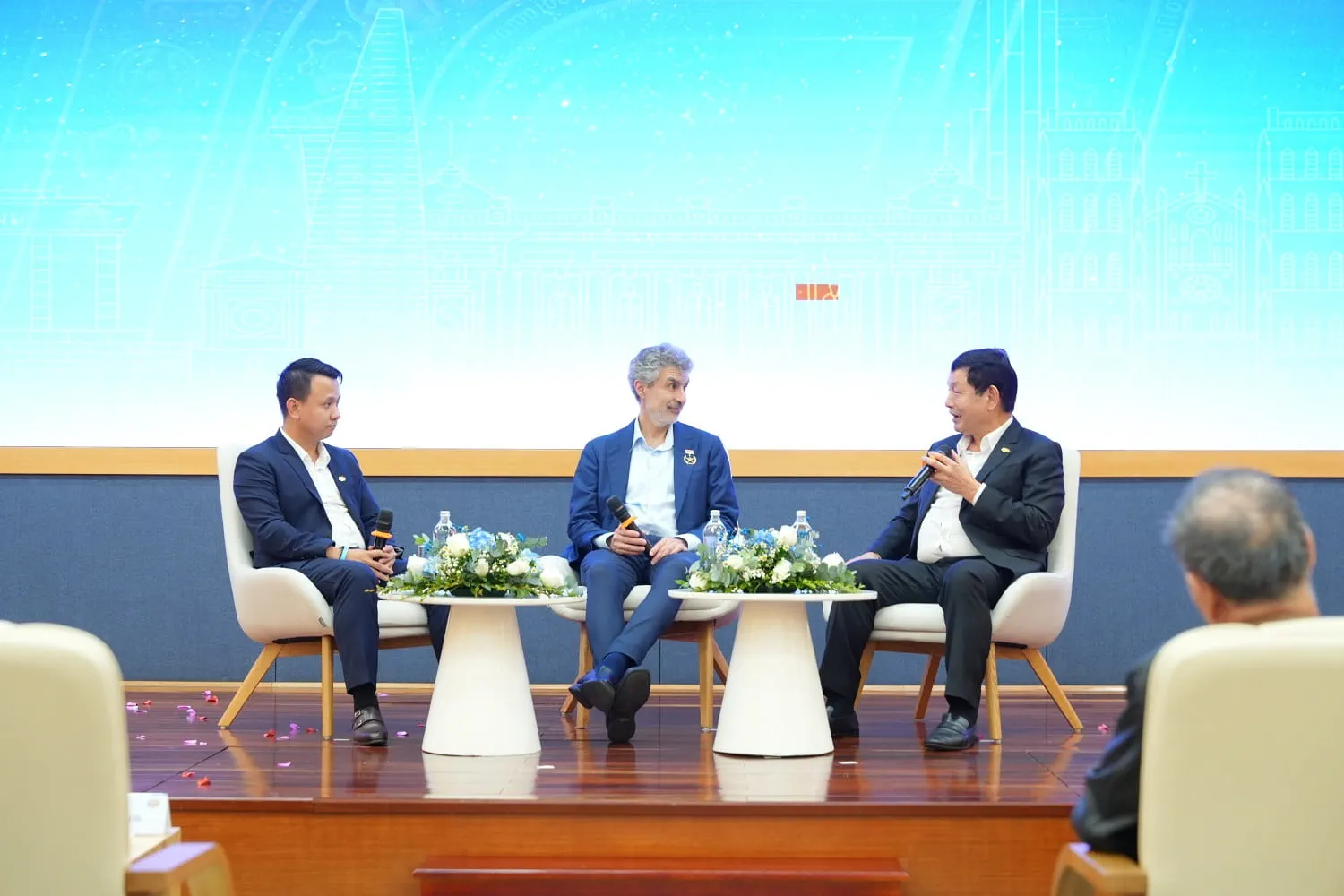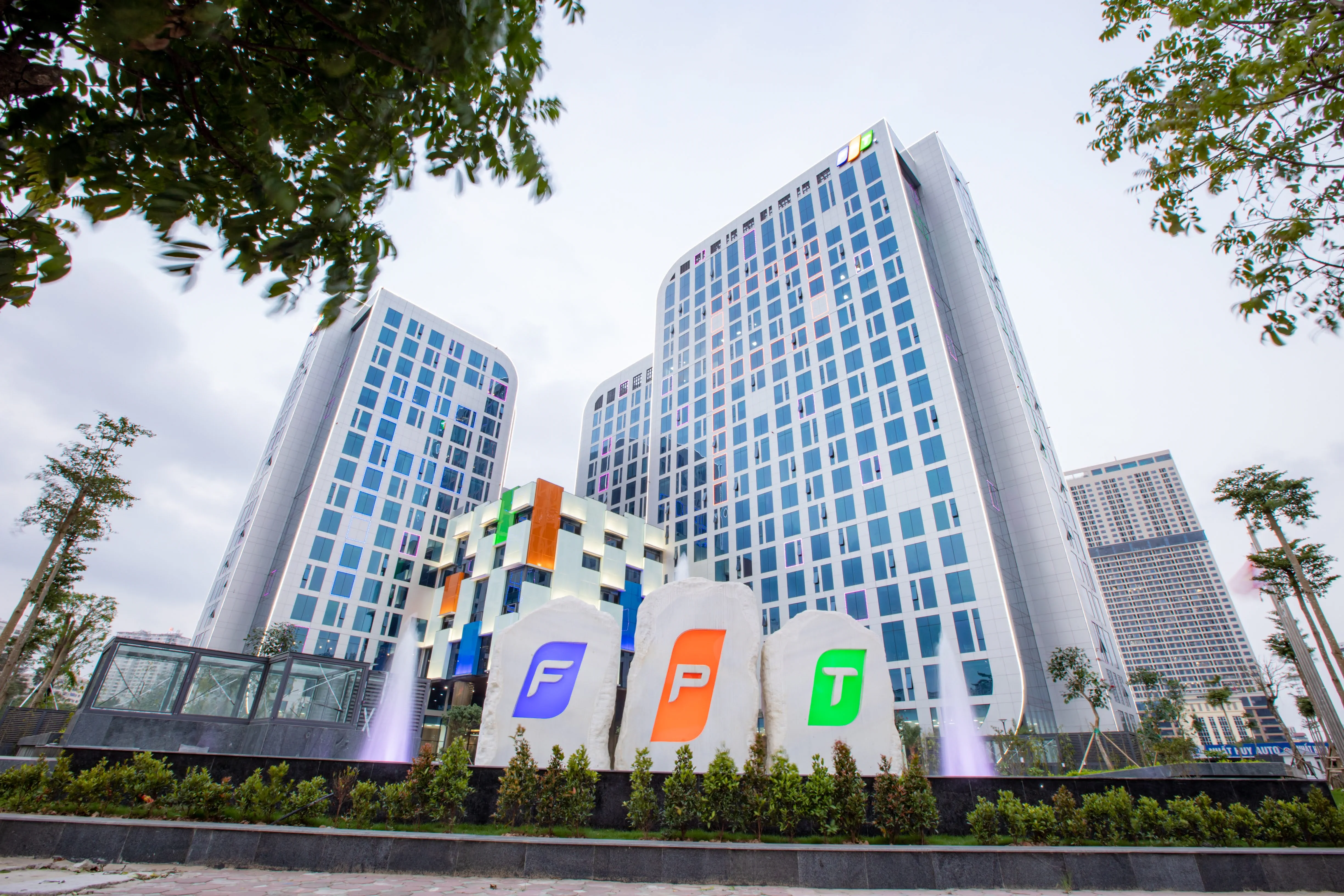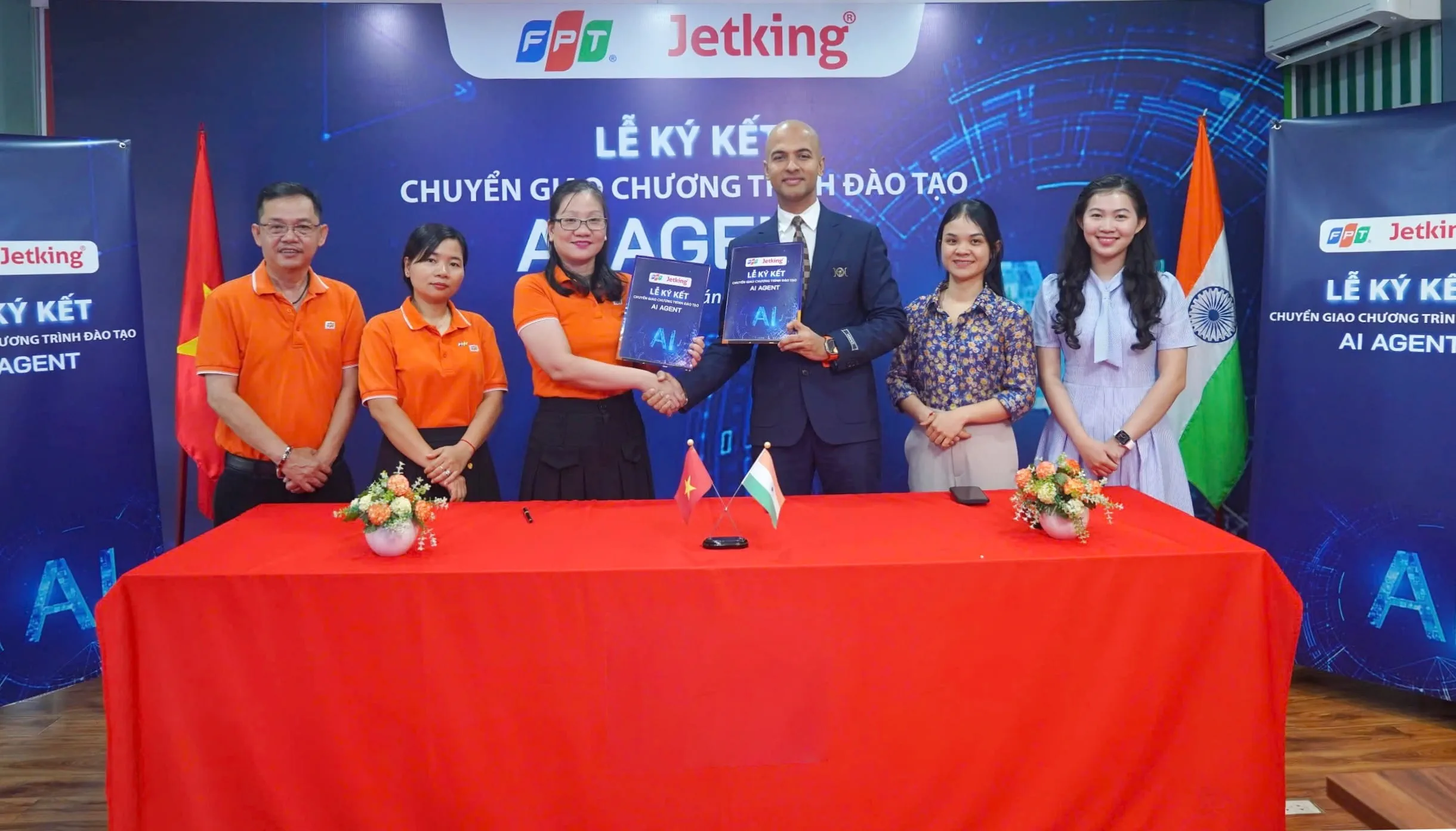'AI genius' Yoshua Bengio: 'AI doesn't take away human jobs'
•
06/12/2024
"Godfather of AI" Yoshua Bengio and FPT Chairman Truong Gia Binh believe that while AI will transform the job market by replacing specific roles, it won't "steal" jobs.
"Jobs that require autonomy and flexible decision-making remain a human strength," said Yoshua Bengio, founder of the Mila Research Institute, during a conversation with FPT Chairman Truong Gia Binh on December 5 in Hanoi. "However, this could change in the future. We can expect simpler jobs to be automated first, while roles demanding high expertise still rely on humans."

Addressing the recent wave of tech layoffs, Bengio explained that the issue isn’t solely due to AI and automation advancements but is also influenced by broader economic factors. "The layoffs are happening during a challenging economic period for companies," he noted.
Despite AI's remarkable progress across various sectors, Bengio emphasized that it has yet to fully replace humans, particularly in tasks requiring strategic thinking and research. He pointed out that AI still struggles in areas involving physics and social interaction.
"Complex, social, and human-facing tasks will remain dominated by humans," Bengio asserted. "AI can assist in designing technology, but understanding and navigating the social context where that technology is applied is a uniquely human capability."
Recent research highlights that AI does not "steal" human jobs as widely feared. According to the World Economic Forum 2023, AI is projected to create 12 million new jobs globally by 2025. Similarly, a McKinsey report estimates that AI could generate between 20 million and 50 million new jobs worldwide by 2030.
Building on this perspective, FPT Chairman Truong Gia Binh emphasized that AI should be viewed as an "ally" rather than a threat to human employment. He urged individuals to learn and adapt proactively to remain competitive in the evolving job market. "Understanding AI, machine learning, data science, and honing problem-solving and analytical skills are essential to collaborating effectively with AI systems," he stressed.
Using a metaphor, he explained, "My food may differ from yours, even if we're having the same lunch. That difference comes from mastering AI—understanding how it works and adapting to new changes. AI and IT skills will be the decisive factors for securing jobs in the future. Those who lack these skills will struggle to keep up."
Echoing this sentiment, Professor Yoshua Bengio underscored the importance of equipping individuals with AI knowledge as early as possible. He also advocated for a well-rounded education.
"I believe children must be equipped with a solid understanding of the world around them—spanning society, science, politics, and philosophy—so they are less susceptible to misinformation and better prepared to adapt to career changes," said Professor Bengio. "The greatest risk of automation is its unpredictability; we cannot foresee which jobs will be replaced. If someone is specialized in a narrow field that becomes automated, they will face challenges. However, with a broad knowledge base, transitioning to a new career becomes significantly easier."
FPT Chairman Truong Gia Binh shared a forward-looking vision of creating AI-powered teachers. "AI will question students, and students will challenge AI. Everyone will learn how to build a stronger Vietnam through this dynamic exchange. It represents a new way of working: collaboration between humans and AI," he stated.
During the discussion, Professor Bengio also underscored the need for responsible AI development. He highlighted that technological advancement must align with protecting human rights and ensuring sustainable societal development. He supported his points with key AI industry metrics, including a 30% increase in data efficiency, a threefold improvement in algorithmic performance, and an average annual investment of 100 billion USD in AI research and development.
"Assessments show that AI capabilities have surpassed human abilities, particularly in language mastery and data processing," Professor Bengio stated. "The rapid progress raises serious concerns about our ability to control AI systems that exceed human intelligence. It leads to a critical ethical question: Who should determine AI's goals? Understanding and responding appropriately to this challenge is not just a responsibility — it's essential for humanity's future, " stated Professor Yoshua Bengio.
Bengio also referenced a survey of 3,000 researchers, noting that 40-50% believe there is at least a 10% chance AI could cause catastrophic outcomes, including human extinction. "If we create machines smarter than humans but fail to control them, such a scenario becomes plausible," he warned. “Machines capable of advanced strategizing and technological development, especially in military or political contexts, pose a significant risk. The cost of losing control would be unimaginably high.”
Yoshua Bengio, born in 1964 in Canada, is a pioneering figure in the field of deep learning. In 1993, he established the Mila Research Institute, which has become a hub for scientific breakthroughs and is pivotal in transforming Montreal (Canada) into a global center for deep learning research. Today, Mila stands as the world's leading AI research institute, supported by a community of 1,300 researchers and 140 international partners.
Bengio, alongside Geoffrey Hinton and Yann LeCun, is celebrated as one of the "Godfathers of AI." In 2018, the trio received the prestigious Turing Award — often referred to as the "Nobel Prize of Computer Science" — for their groundbreaking work on neural networks, the machine learning algorithms designed to mimic the human brain’s functioning. Their contributions are considered among the most significant advancements in modern science and technology, profoundly shaping the development of AI.
Source: VnExpress




